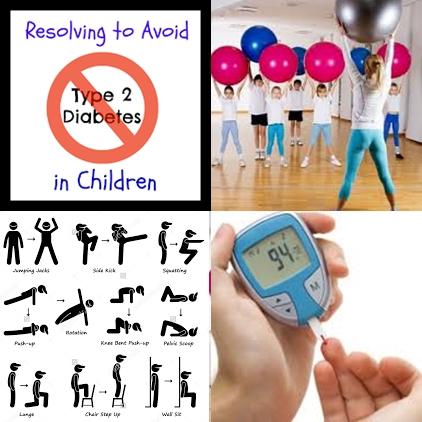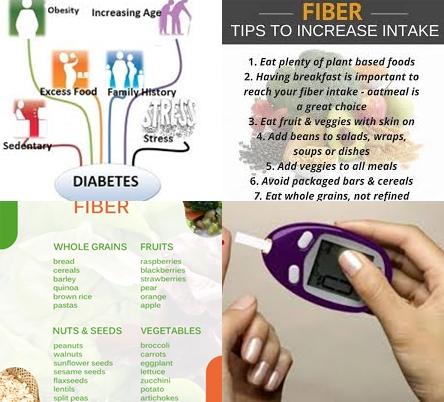1-6 cups/day caffeinated or decaffeinated coffee is associated with reduced type 2 diabetes risk
Objectives:
Previous meta-analyses identified an inverse association of coffee consumption with the risk of type 2 diabetes. However, an updated meta-analysis is needed because new studies comparing the trends of association for caffeinated and decaffeinated coffee have since been published. Therefore, this review article has been conducted.
Does coffee intake reduce type 2 diabetes risk in a dose-response manner?
Study design:
This review article included 28 prospective cohort studies with 1109272 study participants and 45335 cases of type 2 diabetes. The follow-up duration ranged from 10 months to 20 years.
Results and conclusions:
The investigators found for compared with no or rare coffee consumption, a significant reduced risk of type 2 diabetes of:
8% [RR = 0.92, 95% CI = 0.90-0.94] for 1 cup/day;
15% [RR= 0.85, 95% CI = 0.82-0.88] for 2 cups/day;
21% [RR = 0.79, 95% CI = 0.75-0.83] for 3 cups/day;
25% [RR = 0.75, 95% CI = 0.71-0.80] for 4 cups/day;
29% [RR = 0.71, 95% CI = 0.65-0.76] for 5 cups/day and;
33% [RR = 0.67, 95% CI = 0.61-0.74] for 6 cups/day.
The investigators found a significant decreased risk of type 2 diabetes of 9% [RR = 0.91, 95% CI = 0.89-0.94] for an increasement of 1 cup/day caffeinated coffee and 6% [RR = 0.94, 95% CI = 0.91-0.98] for an increasement of 1 cup/day decaffeinated coffee [p for difference = 0.17].
The investigators concluded coffee consumption is inversely associated with the risk of type 2 diabetes in a dose-response manner. Both caffeinated and decaffeinated coffee is associated with reduced diabetes risk.
Original title:
Caffeinated and decaffeinated coffee consumption and risk of type 2 diabetes: a systematic review and a dose-response meta-analysis by Ding M, Bhupathiraju SN, […], Hu FB.
Link:
http://www.ncbi.nlm.nih.gov/pubmed/24459154
Additional information of El Mondo:
Find more studies/information on coffee consumption and diabetes right here.

